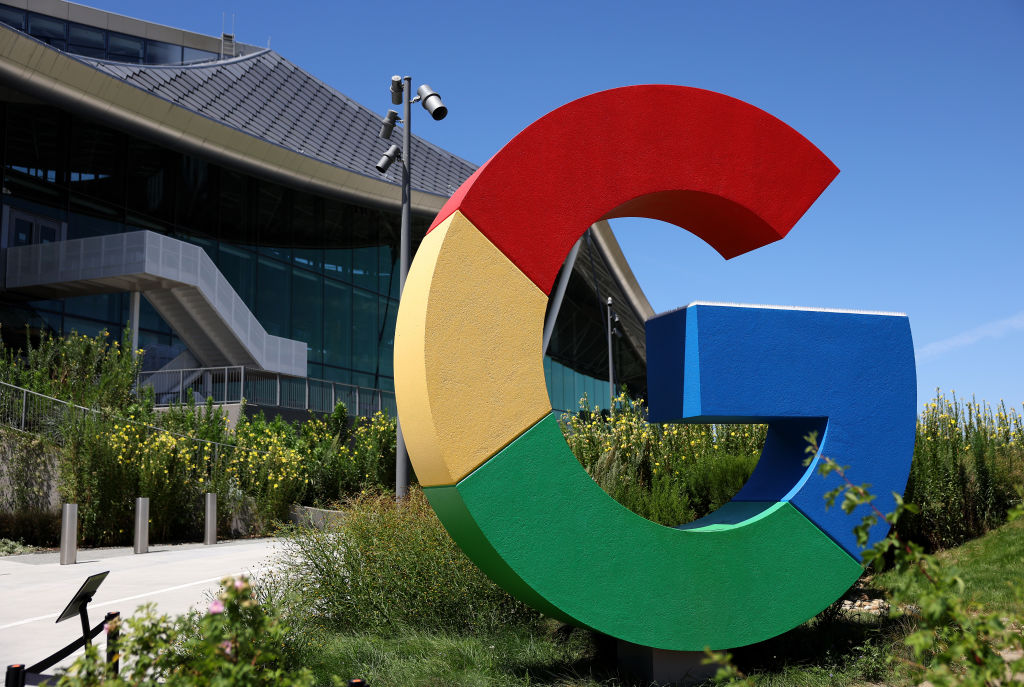It will take years to get Deutsche Bahn back on track
IN MID-MAY GERMANS were bracing for the third, and longest, national rail strike this year. Deutsche Bahn (DB) was locked in a dispute over pay with EVG, the union representing most German railway workers, including 180,000 at the state-run behemoth. At the last minute union leaders called off a 50-hour stoppage that was going to begin on the evening of May 14th. German travellers breathed a sigh of relief—and then gasped as DB failed to reinstate all of the 50,000 cancelled services. The next day roads were clogged by commuters who, worried about getting stuck at a train station, took the car instead.
On May 23rd DB and the union met for a fourth round of wage talks, with no long-term resolution in sight. And labour unrest is only one of many fronts on which DB is fighting. Once a source of national pride, it has become the butt of bad jokes (“We have one about DB but we don’t know whether it will work”). In April just 70% of its long-distance trains were on time. And even that was an improvement on the whole of last year, when only 60% were punctual; the company’s (unambitious) goal is at least 80%. DB services are “too crowded, too old and too kaputt”, Berthold Huber, who sits on DB’s board, told the Süddeutsche Zeitung, a daily, this month.
DB’s woes are the result of poor management, a bloated bureaucracy, political interference and years of underinvestment. In 2004 DB’s annual budget for the construction and upgrading of railway lines was cut from €4bn ($5bn) a year to €1.5bn, notes Christian Böttger of the University of Applied Sciences in Berlin. It has edged up since but last year was still only €1.9bn. This year it will be €2bn. The railway business has been bleeding money for years; in 2022 it made an operating loss of €500m. DB’s overall operating profit of €1.3bn, on revenues of €56bn, was all down to its logistics arm, DB Schenker, which has benefited from the…
2023-05-25 07:59:03
Link from www.economist.com

















